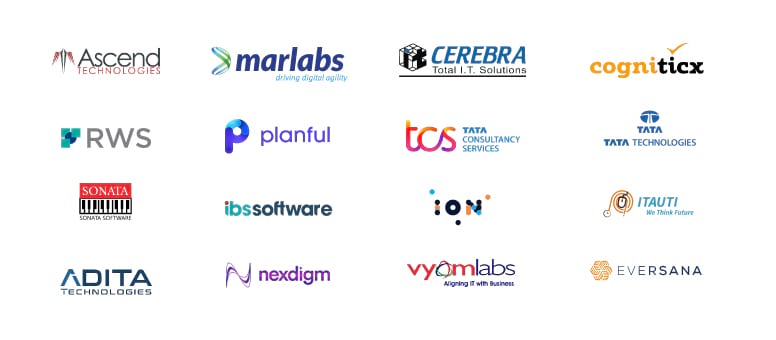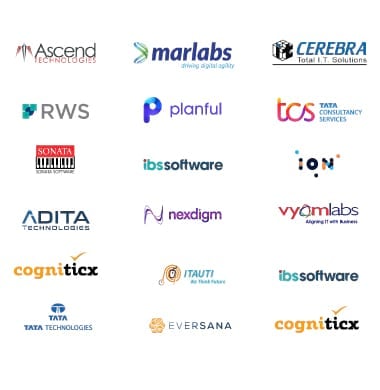HKR Trainings
Explore All CoursesTrending Courses
All Course Categories
Interview Questions
Recommended Courses
Blogs
Tutorials
Download FREE Sample Resumes
HKRT Community: Where IT Queries Meet Expert Answers
Corporate Training


Training for Employees
HKR will help you learn anytime, anywhere with easily accessible online training. Experience immersive learning and equip your teams with the skills of tomorrow.
We deliver the right skills to the aspirant from day one that meets today's business requirements. It also helps to increase the productivity of the employee. So, joining HKR Trainings means becoming extremely productive to achieve goals in real-time.
Go to Corporate TrainingHire Train Deploy
We at HKR Trainings provide the best IT Training skills on different technologies to the aspirants that meet the existing industry standards. Our training courses are up to date and make the aspirants job-ready with real-time working knowledge.
We deliver the right skills to the aspirant from day one that meets today's business requirements. It also helps to increase the productivity of the employee. So, joining HKR Trainings means becoming extremely productive to achieve goals in real-time.
Go to Hire Train DeployFrequently Asked Questions
- It improves the skills of the employees
- It helps the employees to work effectively and grow within the organization
- It also increases the organization's brand
- It also offers direct & indirect financial benefits through tax savings, etc




